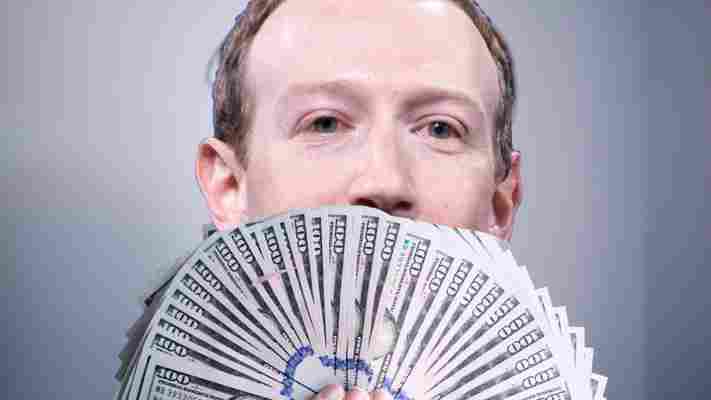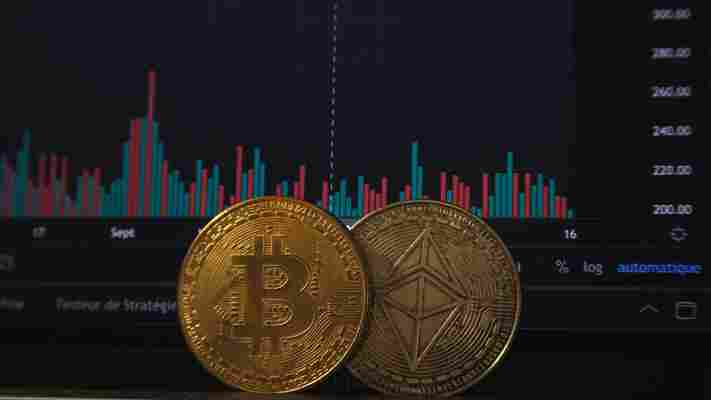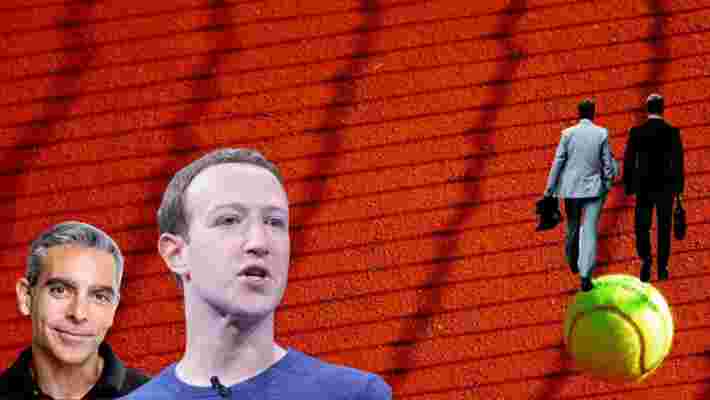Last night, Facebook joined the exclusive club of US-based publicaly traded companies with a market cap of more than $1 trillion . Other notable names with this club’s membership are Apple, Microsoft, and Alphabet — making Facebook the youngest company to reach this mark.

Here’s a brief history of Facebook with significant milestones that helped it reach this mark:
Mark Zuckerberg & co. launch TheFacebook on Harvard campus on February 4, 2004.
Next year, it expands to more universities and changes its name to Facebook.
In September 2006, it opens up accepting users older than 13 from any country with a valid email ID.
In 2007, it first time starts making money by running ads. Today, it’s one of the largest players in the digital ad industry along with Google.
Until now, Facebook has had several talks for acquisition with Yahoo, Microsoft, and Viacom with the value of the social network measured up to $1 billion .
Later, Microsoft announces an ad partnership with Facebook, and also invests $240 million at an estimated valuation of $15 billion.
Facebook acquires FriendFeed in 2009, which “inspired” the invention of the Like button. This inspired feature shit goes way back.
Goldman invests $450 million in the company in 2011, making Zuckerberg & co. worth $50 billion.
In the same year, Facebook Messenger goes mobile with iOS and Android apps.
In 2012, Facebook goes public with a valuation of $104 billion. The same year it reaches the mark of 1 billion users across the globe.
Just before the IPO, the company acquires Instagram for $1 billion .
In 2014, the firm acquires Oculus, a maker of VR headsets, for $2 billion .
The same year, the social network completes its biggest acquisition for $19 billion : WhatsApp.


In 2015, the company launches potentially money-making products such as Instant articles and livestreaming. The latter was made available to everyone in 2017.
In 2016, Facebook and AdBlocker get into a tussle over displaying ads on the blue site.
In 2017, the company reaches a market valuation of $500 billion. Launches Watch video streaming service to take on YouTube.
While Facebook breaches the 2 billion active user mark in 2017, it loses users in the US and Canada the next year .
In 2018, Facebook Dating is announced, and it’s formally launched in 2019.
The same year, the company announces Portal — a hardware device for video chatting.
In 2020, the social network taps the shopping market with a new product .
The next year, Facebook says it wants to explore audio market, with products ranging from real-time conversation rooms, podcasts, and voice clips .
In June 2021, Facebook turns WhatsApp into a shopping hub .
Of course, this is only a brief history of Facebook’s money-making, product, and acquisition history. The company has been notorious for scandals threatening user data privacy such as Cambridge Analytica . And it also has a habit of sneakingly grabbing your data . All that has led to several anti-trust investigations against the company.
Sadly, as Facebook reached the $1 trillion market cap, a case looking into acquisitions of WhatsApp and Instagram was dismissed by the Federal Trade Commission (FTC). Sigh, more money for Zukcerberg.
Bitcoin hits new all-time high of over $66K
Bitcoin soared to a new all-time high of over $66,000 on Wednesday, a day after the launch of the first bitcoin-focused exchange-traded fund in the US.

The cryptocurrency surged as high as $66,100, according to Coindesk . The coin’s previous record price of $64,889 was set in April, but it plummeted below $30,000 in July.
The recent rally has been driven by the trading debut of the ETF on the New York Stock Exchange. The US Securities and Exchange Commission’s approval of the fund has been touted as a watershed moment for the entire crypto industry.
Bitcoin Foundation Chairman Brock Pierce said the launch “begins an era where retail investors can invest directly into Bitcoin through the ETF and serves as further validation of Bitcoin and cryptocurrencies across the country and on a global basis.”
Ether, the second-largest digital currency by market capitalization, has also risen since the launch. According to Coindesk , the cryptocurrency surpassed $4,000 on Wednesday.
G7 countries caution against Facebook’s ‘risky’ Libra
Earlier this week I told you Facebook ‘s ‘ cryptocurrency ‘ saga had turned into a soap opera and that it was going to be a long season, and it seems I wasn’t wrong.

The technology giant is facing a new challenge after the G7 said on Thursday that such stablecoins shouldn’t be allowed to launch until international risk was assessed.
Ultimately, regulators and governors are scared about Libra ‘s potential impact on the world’s monetary system and financial stability — a concern echoed by the G7 working group report.
There are also concerns about the digital currency being used for money laundering and financing terrorism. The report also highlighted issues about cybersecurity , taxation, and privacy .
“The G7 believes that no global stablecoin project should begin operation until the legal, regulatory and oversight challenges and risks” are addressed, the task force , chaired by European Central Bank board member Benoit Coeure, said.
“Private sector entities that design stablecoin arrangements are expected to address a wide array of legal, regulatory and oversight challenges and risks,” the report adds.
The Libra Association has long said it’s willing to work with regulators, a line which was re-emphasised in the aftermath of G7 ‘s concerns.
A statement said Libra was designed to respect national sovereignty over monetary policy , and rules against money laundering and other efforts to stop illegal financing.
“Libra is being designed to work with existing regulatory institutions and apply the protections they provide to the digital world – not disrupt, or undermine, them,” it said.
The ball is truly in the regulators’ court , they have the power to help the ‘ cryptocurrency ‘ launch, or kill it before it does.
For the most part, Facebook will have to play nice.











